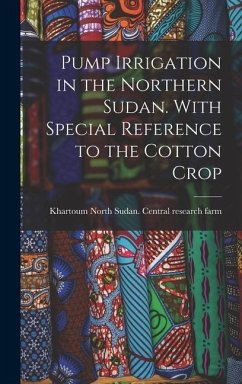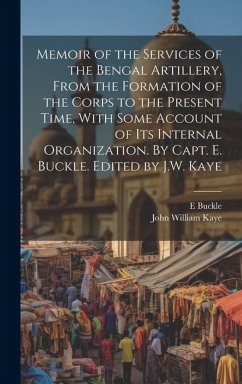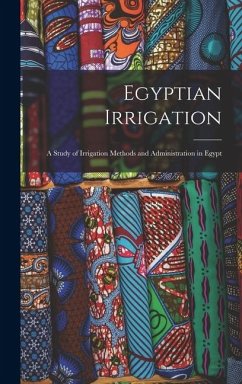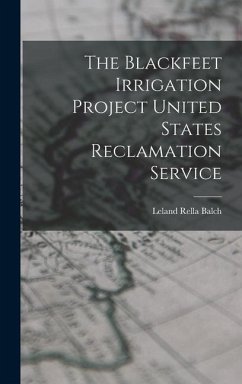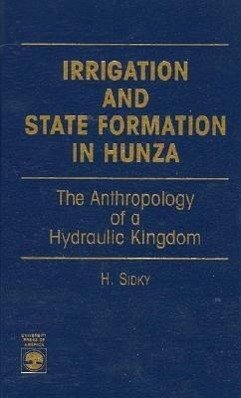
Irrigation and State Formation in Hunza
The Anthropology of a Hydraulic Kingdom
Versandkostenfrei!
Versandfertig in über 4 Wochen
88,99 €
inkl. MwSt.

PAYBACK Punkte
44 °P sammeln!
Irrigation and State Formation in Hunza explores the evolution of political complexity and centralization in Hunza, a remote high-mountain kingdom in the western Karakoram mountains. The author follows the argument that the rise of the Hunza state is directly linked to the construction of Hunza's large-scale irrigation works during the late 18th and early-19th centuries. Sidky's theories are influenced by anthropological writings on irrigation and its impact on society. He pays special attention to Karl Wittfogel's 'hydraulic hypothesis' and goes on to examine linkages between specific ecologi...
Irrigation and State Formation in Hunza explores the evolution of political complexity and centralization in Hunza, a remote high-mountain kingdom in the western Karakoram mountains. The author follows the argument that the rise of the Hunza state is directly linked to the construction of Hunza's large-scale irrigation works during the late 18th and early-19th centuries. Sidky's theories are influenced by anthropological writings on irrigation and its impact on society. He pays special attention to Karl Wittfogel's 'hydraulic hypothesis' and goes on to examine linkages between specific ecological conditions, hydraulic agriculture, and the pattern of socioeconomic and political organization that emerged in Hunza due to a local ruler's construction of a large-scale hydraulic system. This unique study will appeal to historians, anthropologists, cultural geographers and South Asian specialists.




